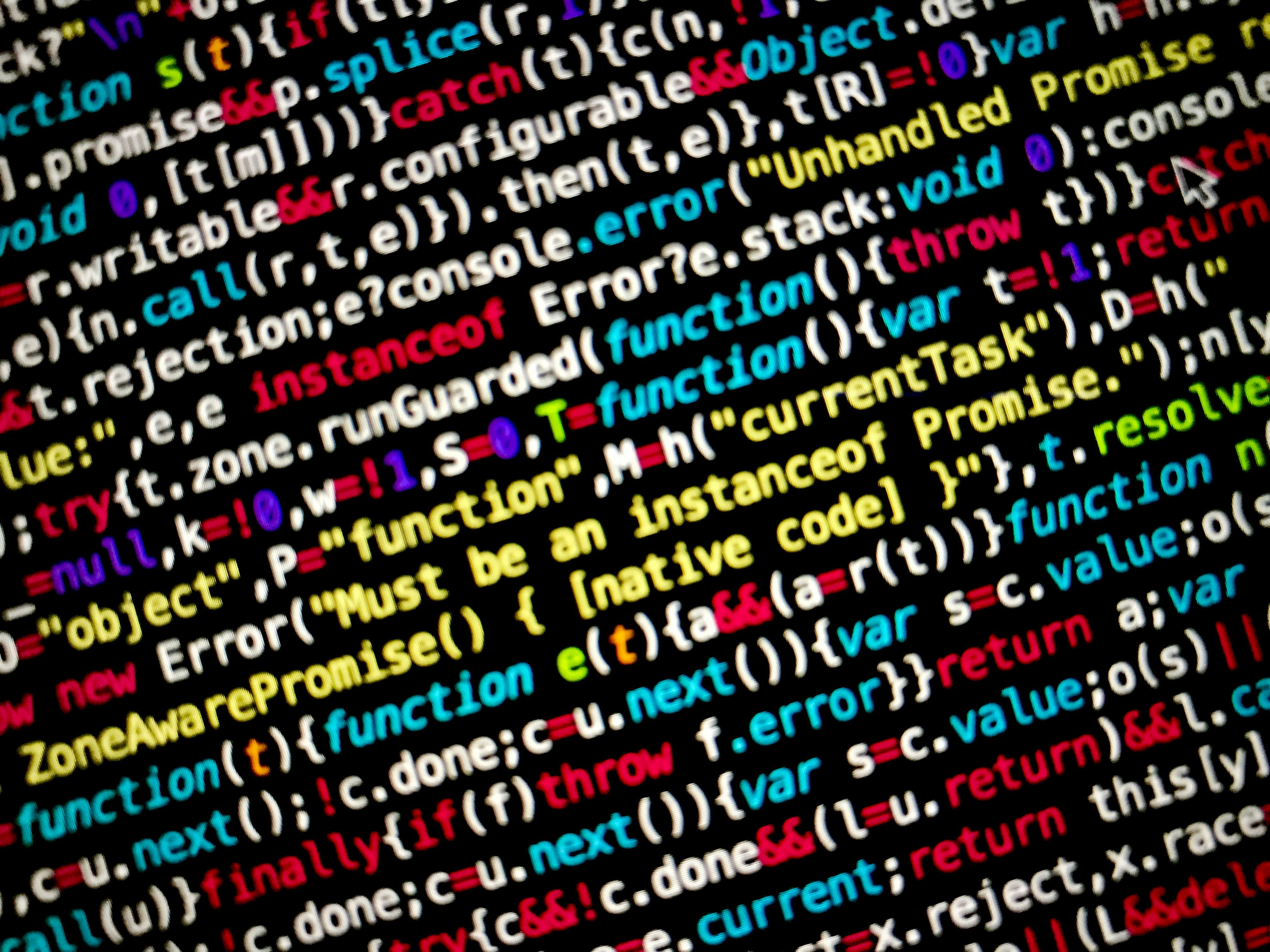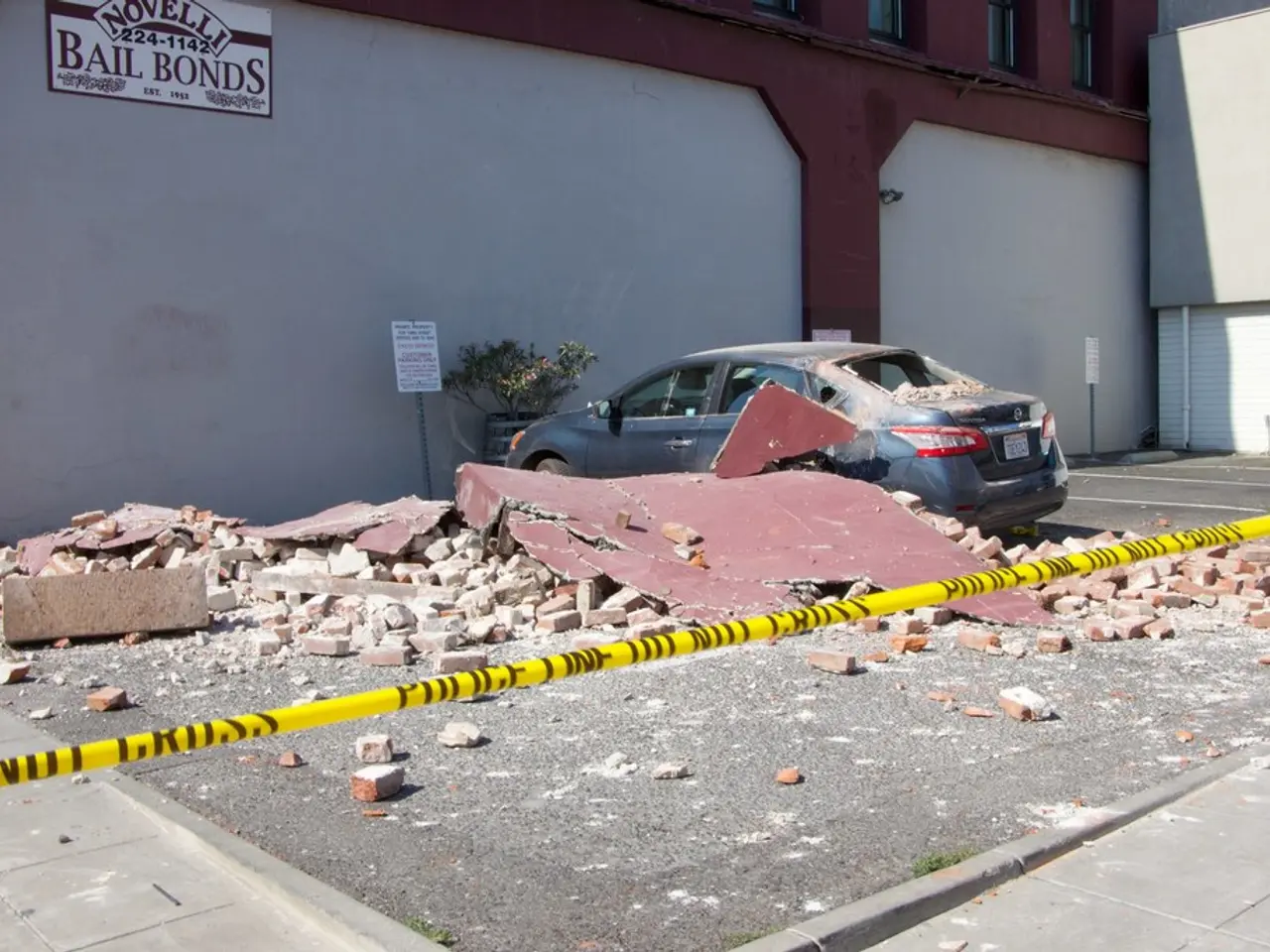Stricter EU Import Rules Bite for Deforestation Hotspots, Few Nations Granted Breathing Room
EU Commission Imposes Tighter Import Regulations on Specific Nations
Hang out with social media pals on Facebook, Twitter, Whatsapp, drop an Email, or Print this out! Copy Link if you fancy it. Get ready for a shake-up in the global trade scene as conundrum-stricken countries like Brazil and Indonesia, for now, escape the tightened import rules under a contentious EU law combatting deforestation.
Reports from Brussels suggest that the European Commission will, initially, only designate four countries under the sights of its "high-risk" category: Russia, Belarus, North Korea, and Myanmar. These nations will be burdened with particularly harsh import restrictions.
The classification system relates to the EU regulation aimed at deforestation-free supply chains. Generally, this regulation prevents the sale of specific products, including coffee, palm oil, and soybeans (among others), whose cultivation lands have been deforested post-2020. Besides these, beef, chocolate, printed paper, and furniture are also under scrutiny. Businesses are required to comply using satellite-based location data, with more stringent data and controls demanded in countries at a higher deforestation risk.
According to reports from Tuesday, all EU countries, as well as the USA and China, will be categorized as low-risk. The high-risk club will be populated solely by countries subjected to trade sanctions, primarily Russia, Belarus, North Korea, and Myanmar.
The contentious regulation stirred up controversy last year due to delayed risk classification, problems with an IT system for businesses, and other documents. Under pressure from trading partners, such as Brazil, and EU member states, lawmakers pushed back the sales ban deadline from the end of 2024 to December 30, 2025.
Remarkably, EU countries reportedly approved the Commission's classification in a secret ballot on Monday. An official publication of the list is anticipated in mid-June.
(Insight: The EU Deforestation Regulation (EUDR) targets countries exporting commodities linked to deforestation, particularly those involved in large-scale agricultural and forestry supply chains. The regulation demands that such products be "deforestation-free," adhere to the laws of the exporting country, and necessitates due diligence statements attesting to compliance from importers and exporters.)
Sources: ntv.de, AFP.
- community policy discussions regarding the EU Deforestation Regulation (EUDR) have started on environmental-science-related forums, focusing on policy-and-legislation changes surrounding vocational training for importers and exporters to comply with the new regulations.
- amid climate-change concerns and deforestation issues, the impact of the EU's stricter import rules on countries like Brazil and Indonesia is a hot topic in general-news outlets and is causing a stir in the political sphere, especially in terms of vocational training and employment needs for affected industries.
- following the EU's secret ballot approval of the Deforestation Regulation classifications, science and environmental-science communities are calling for increased vocational training in environmental sustainability to prepare businesses for the upcoming regulations, ensuring compliance and minimizing environmental harm.








